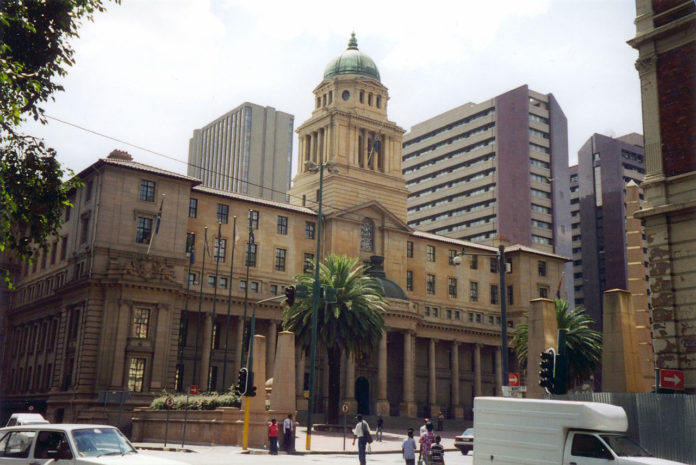Eligible voters on November 1 will go to the polls to vote for public representatives at the municipal council and ward councillors. These are the representatives people are most likely to come in contact with in their day-to-day political life. The Daily Vox team spoke to analysts about the roles of mayors and ward councillors.
Dr. Caryn Abrahams, senior lecturer at the Wits School of Governance and Dr Thokozani Chilenga-Butao, a political studies lecturer at Wits University shared their insights.
What are people voting for during the local government elections?
According to Dr Abrahams, in local government elections, people are voting for who will run the municipality. This means the public representative councillors at municipal council and the ward councillor of their particular wards. Councils for all districts, metropolitan and local municipalities in each of the country’s nine provinces will be elected.
The largest metropolitan areas are governed by metropolitan municipalities. The rest of the country is divided into district municipalities. The district municipalities consist of several local municipalities. There are eight metropolitan municipalities, 44 district municipalities and 205 local municipalities.
The eight metropolitan municipalities are:
- Buffalo City (East London)
- City of Cape Town
- Ekurhuleni Metropolitan Municipality (East Rand)
- City of eThekwini (Durban)
- City of Johannesburg
- Mangaung Municipality (Bloemfontein)
- Nelson Mandela Metropolitan Municipality (Port Elizabeth)
- City of Tshwane (Pretoria)
RELATED:
Sipho Mtshweni for ward councilor or no vote, say Mamelodi residents
What are the main responsibilities for a mayor and ward councillors?
Within the local/municipal governance structures, the mayors and mayoral committees are political counterparts, said Dr Abrahams. The political mandate of representation is alongside the mandate to provide leadership and oversight over the affairs of local government.
“The appointments of office bears are therefore determined politically with the names of local candidates chosen within party structures and branches,” said Dr. Abrahams. Therefore while the mayors have “overarching responsibility is ‘to the people’, it is also a political exercise toward gaining a greater share of the seats at the municipal council.”
RELATED:
Political violence at the time of local elections
As for councillors, Dr. Abrahams said the “closest relationship between communities at government at ward level are ward councillors”. However ward councillors – while their inputs are factored into decision-making – they are not decision makers. Dr. Abrahams said “their role is to present the decisions of council to ward committees and communicate the needs/demands of ward committees to councils”.
How do the decisions made at municipal level affect residents?
Sometimes political but mostly pragmatic, the decisions made at municipal level are about “meeting the most urgent needs first” said Dr Abrahams. They make decisions according to what is urgent versus what is important. This is dependent on a number of factors including lobbying, “or the agility of local representatives to take matters forward in a highly politicised environment”.
The difference between national/provincial elections and the local government elections
Dr Chilenga-Butao said the difference between the two elections is that in local elections, while you are voting for a political party, it is more about the representative. It is about voting for the local councillor, or an independent candidate or someone based in the local constituency. She said you have more direct access to that person. Their details can be found on the electoral commission website. You might find the person walking around your area and you can find who they are, where they live and how long they’ve been in the area.
RELATED:
What do mayors and councillors earn?
With the national and the local elections, you vote strictly for the party, said Dr Chilenga-Butao. The political party has already decided on who it will elect, either as presidents, deputy presidents, and members of parliament. Even if you agree with the party and its principles, there is no option over the representative.
In the local elections, you are voting directly for the person even if they represent a political party.









